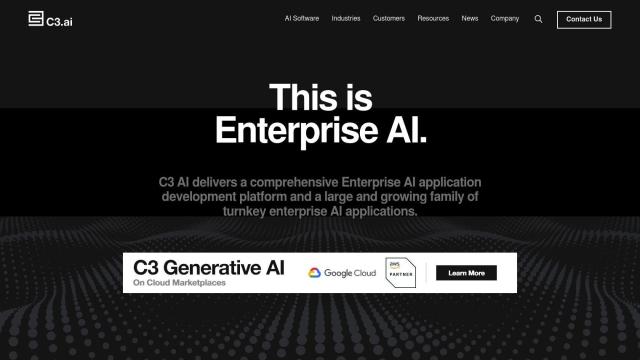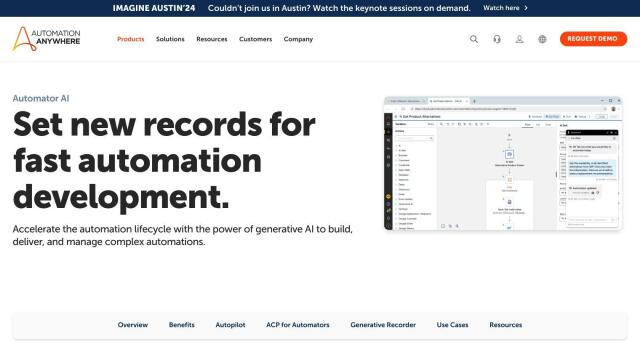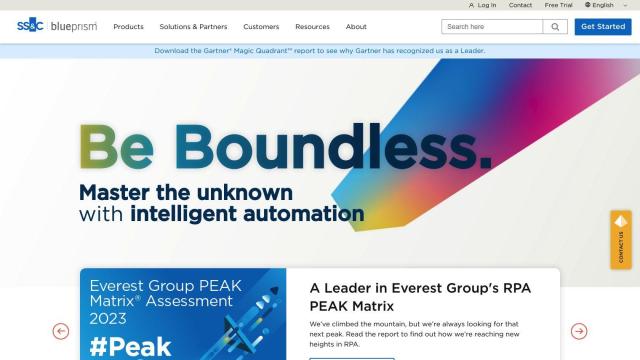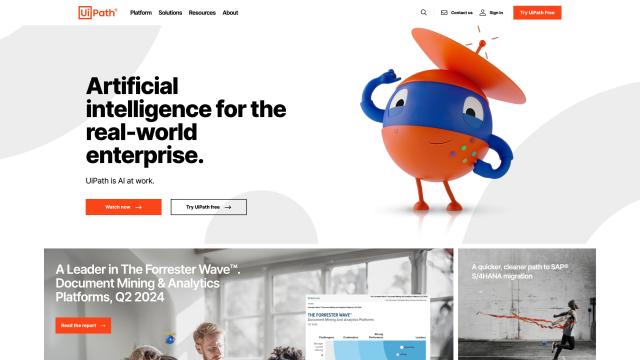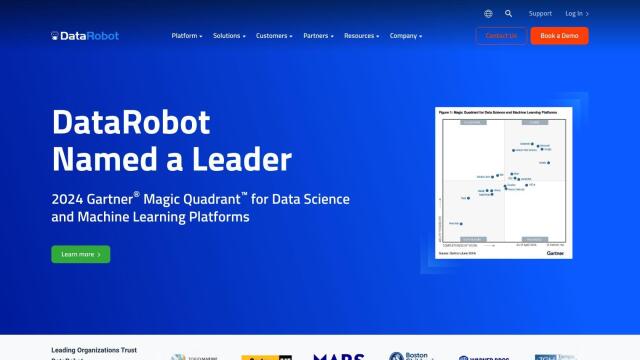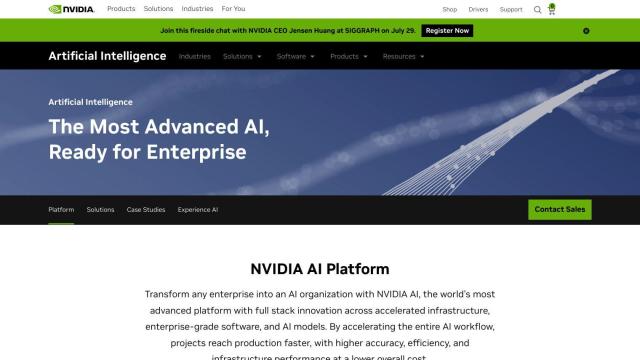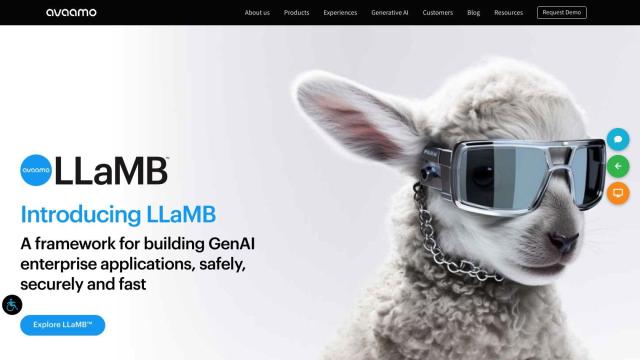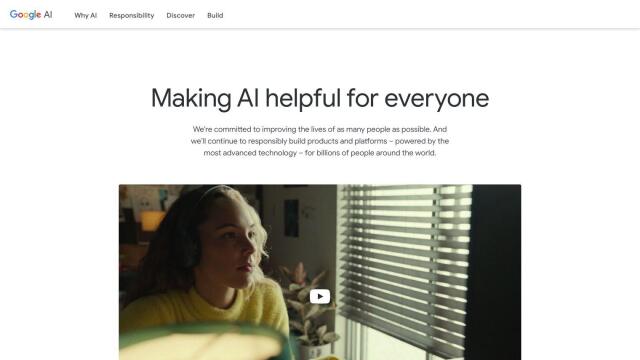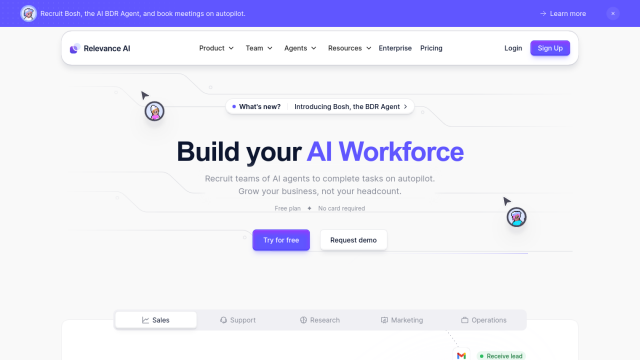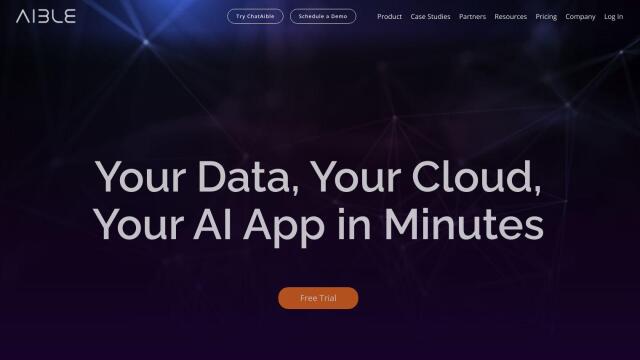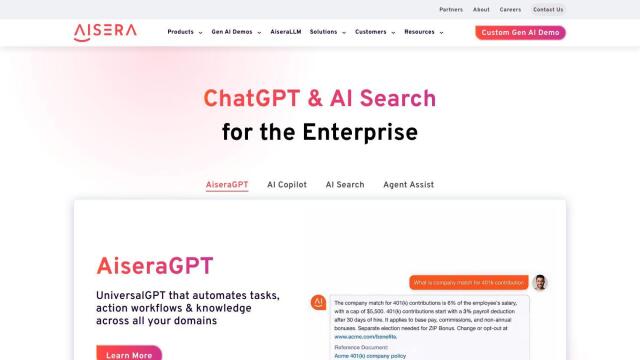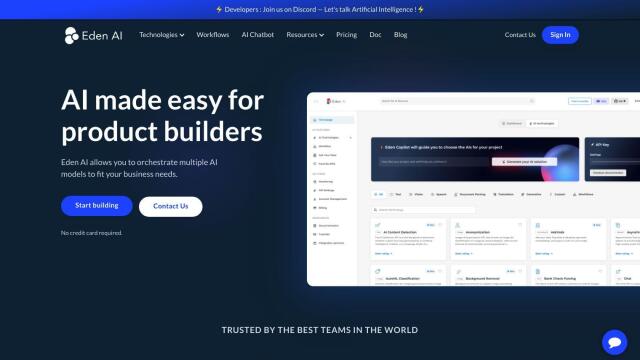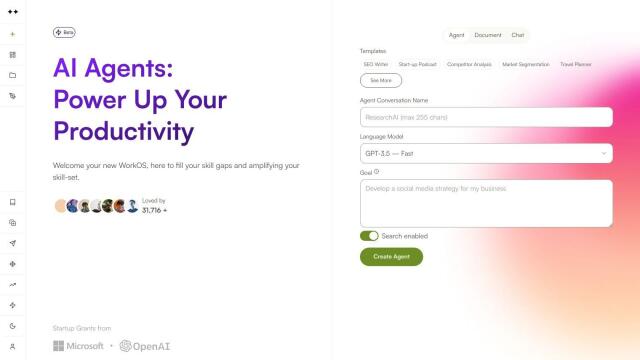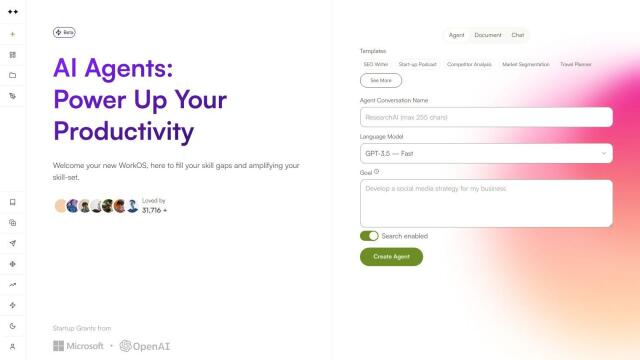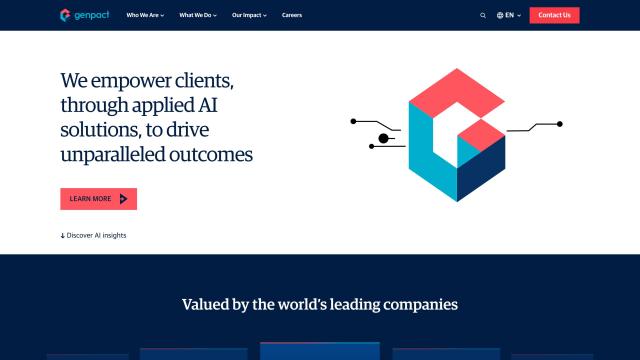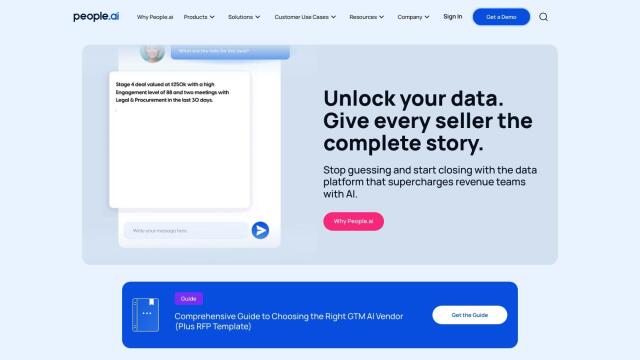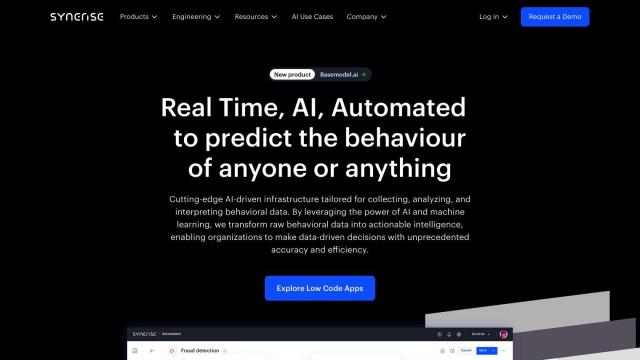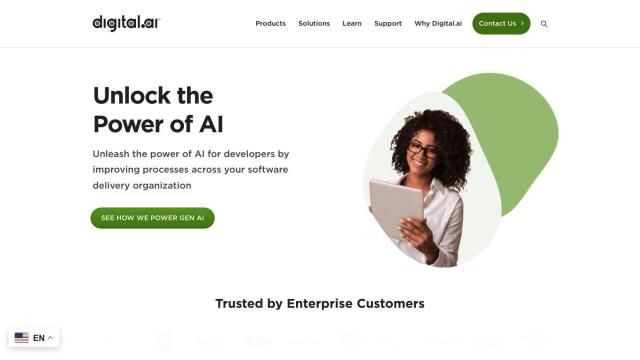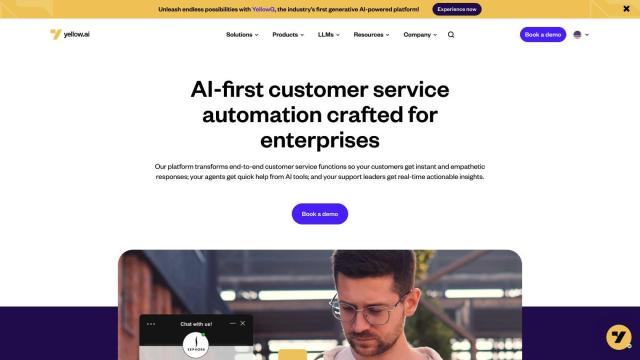Question: Can you suggest a platform that leverages advanced AI models for decisioning and workflow optimization?

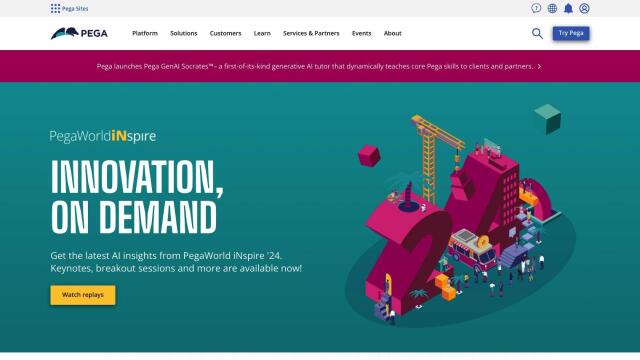
Pega
If you're looking for a broad platform that uses large AI models for decisioning and workflow automation, Pega is a strong contender. The company's suite of tools includes AI-powered decisioning, workflow automation, low-code development and generative AI. It's designed for large-scale, flexible deployment and spans many industries to help companies achieve transformative results through real-time optimization.

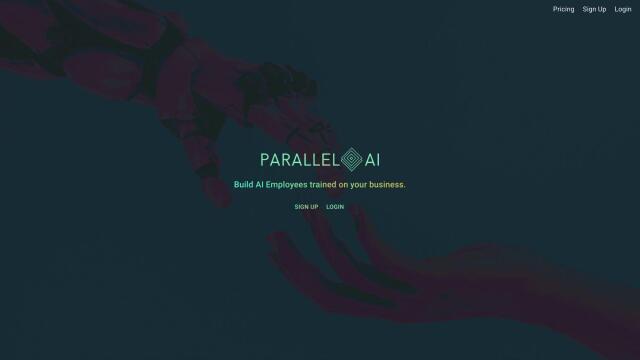
Parallel AI
Another strong contender is Parallel AI, which automates business processes with a variety of AI models including GPT-4 and Gemini. Among its features are Long-Term Memory for retaining context that's important to business decisions, an AI Knowledge Base for training AI employees, and a Workflow Builder for creating multi-step AI processes. The service is protected with AES-256 encryption and can be integrated with tools like Slack and Google Docs to integrate with existing workflows.


Abacus.AI
For developers who want to create and run applied AI agents and systems, Abacus.AI is a powerful platform. It can handle large language models, predictive systems and complex workflow automation. The service includes tools for forecasting, anomaly detection and fraud detection, and can be used by businesses that want to improve customer service, optimize operations and forecast sales and revenue.

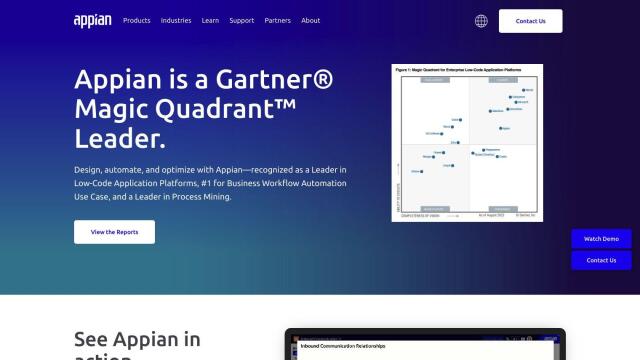
Appian
Last, Appian is a low-code platform that lets both techies and nontechies design and automate workflows. Features like Process Automation, AI integration and Process Mining make it a good fit for industries like Financial Services and Public Sector. Its architecture is designed to scale and is highly available for reliability and security, and it's a good candidate for enterprise process automation.

